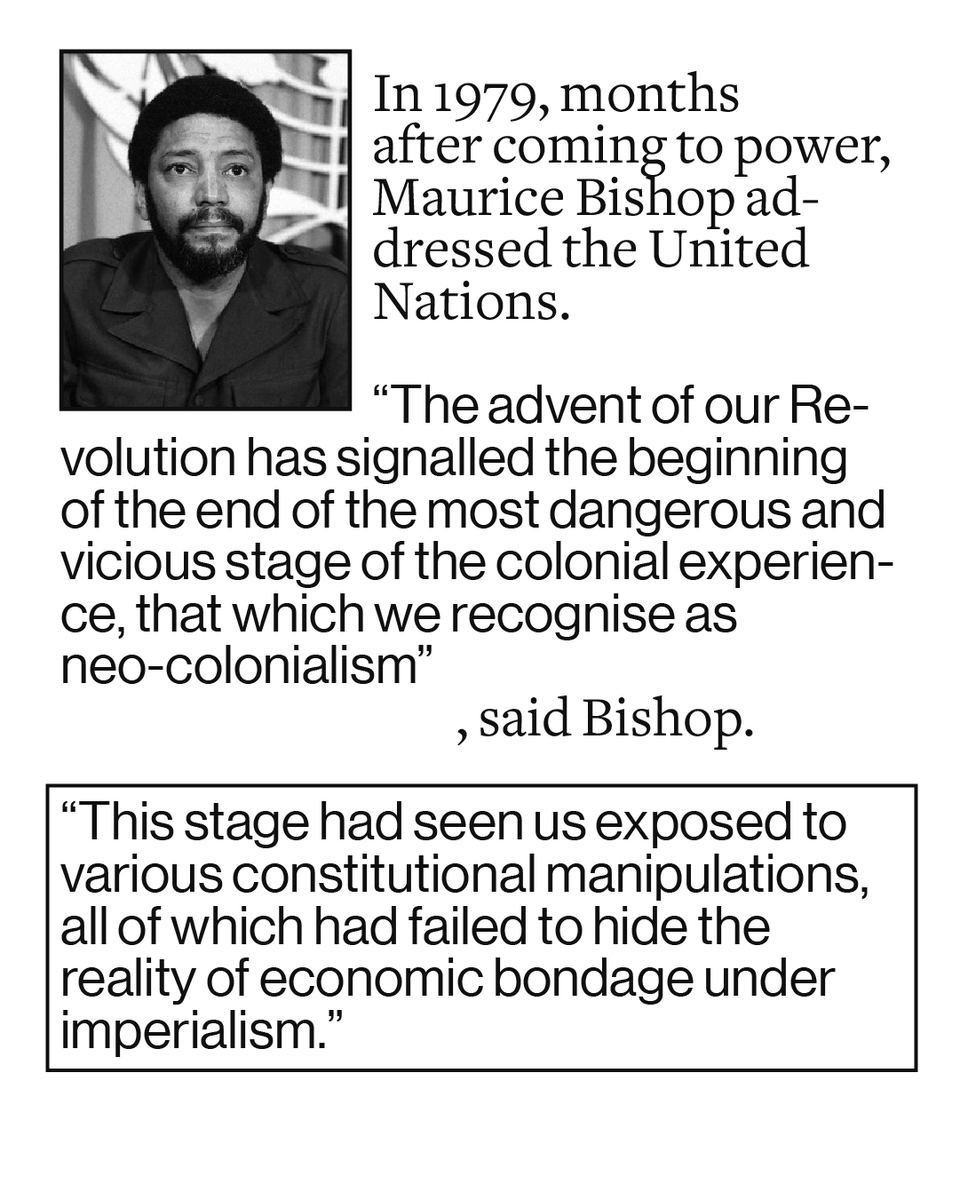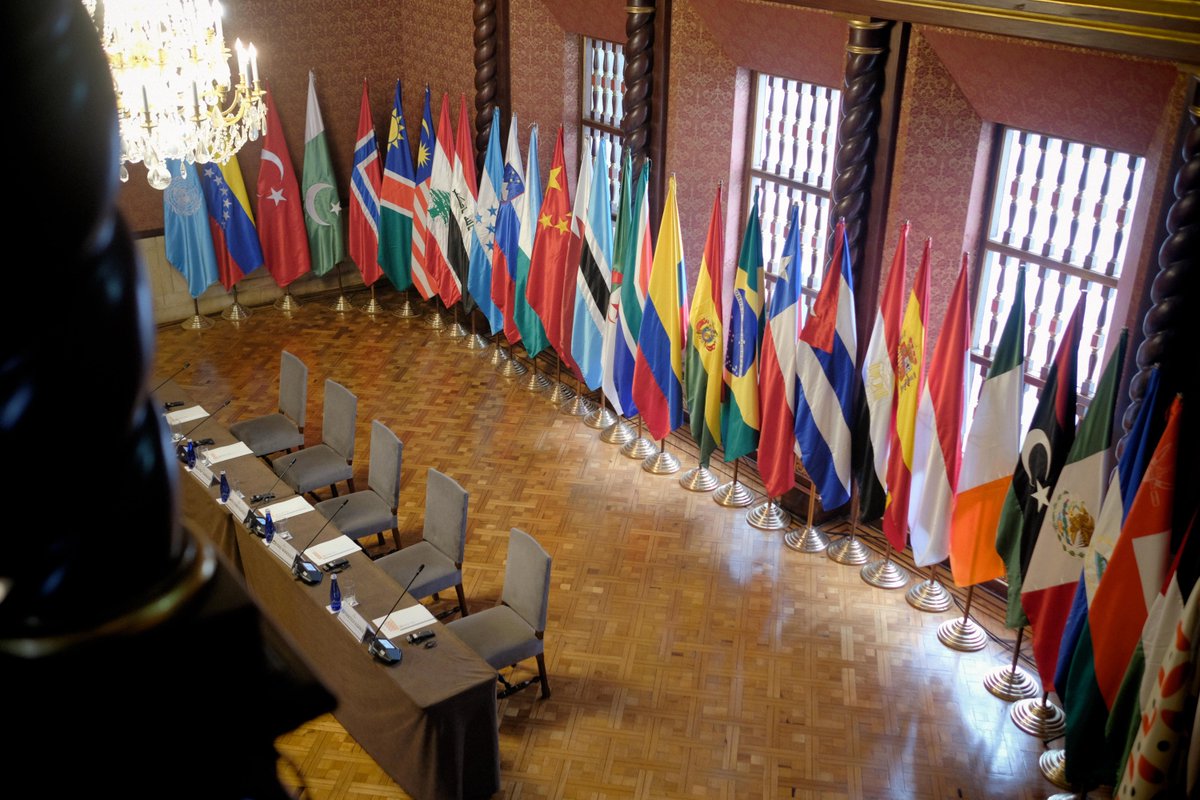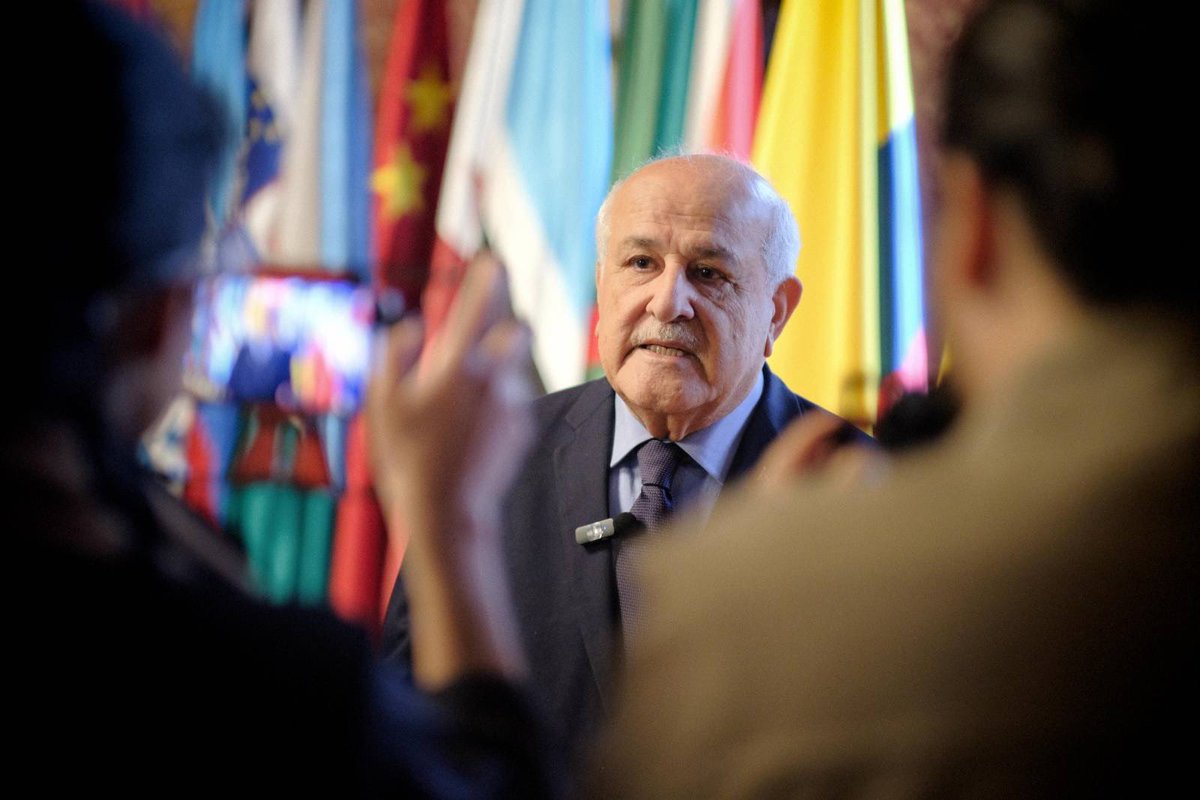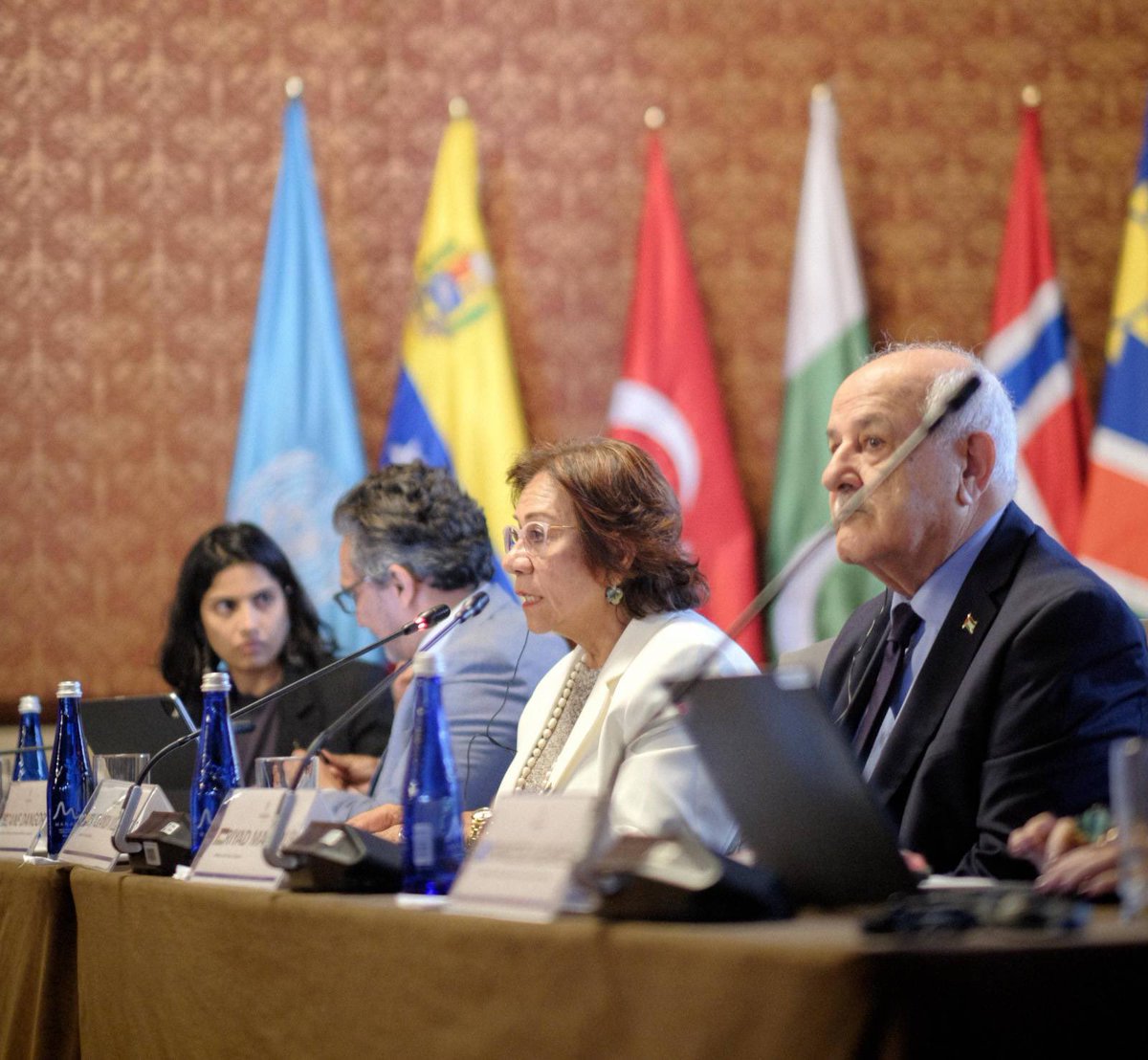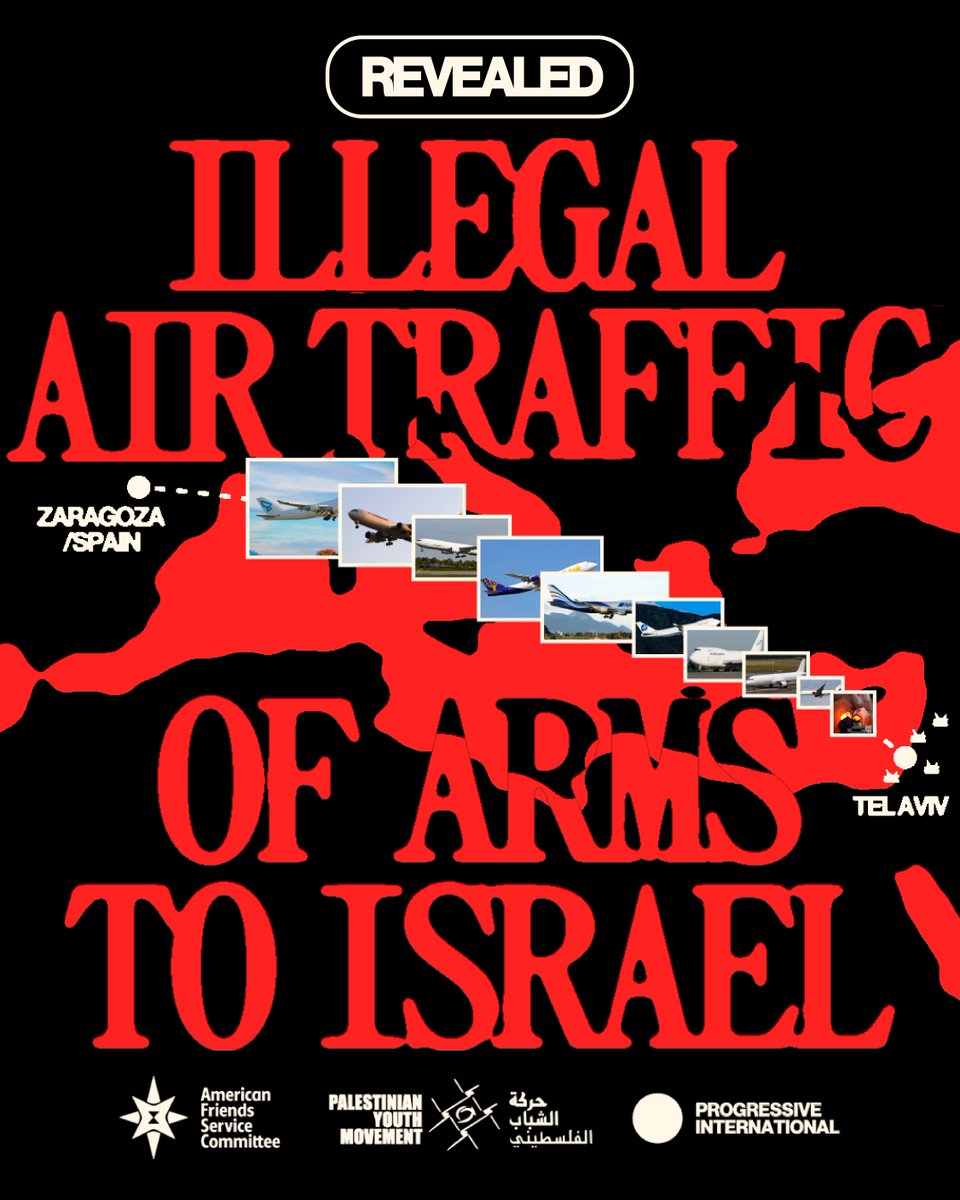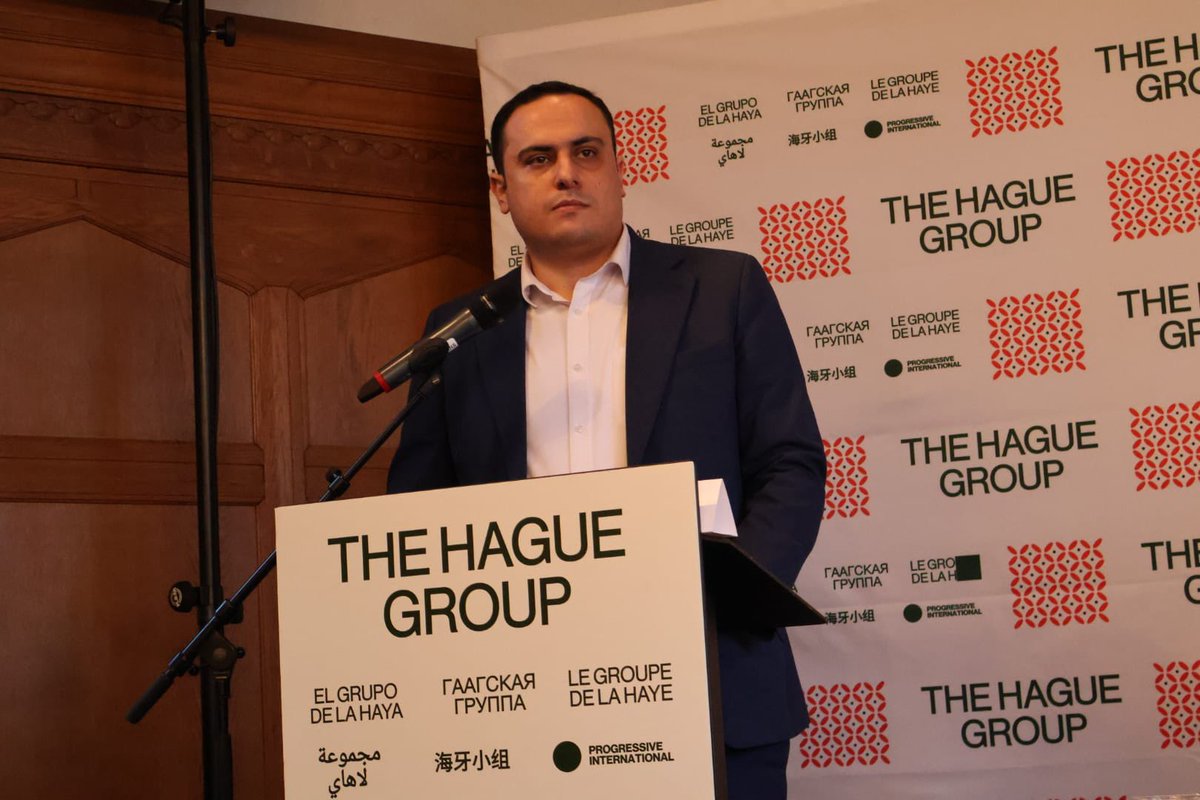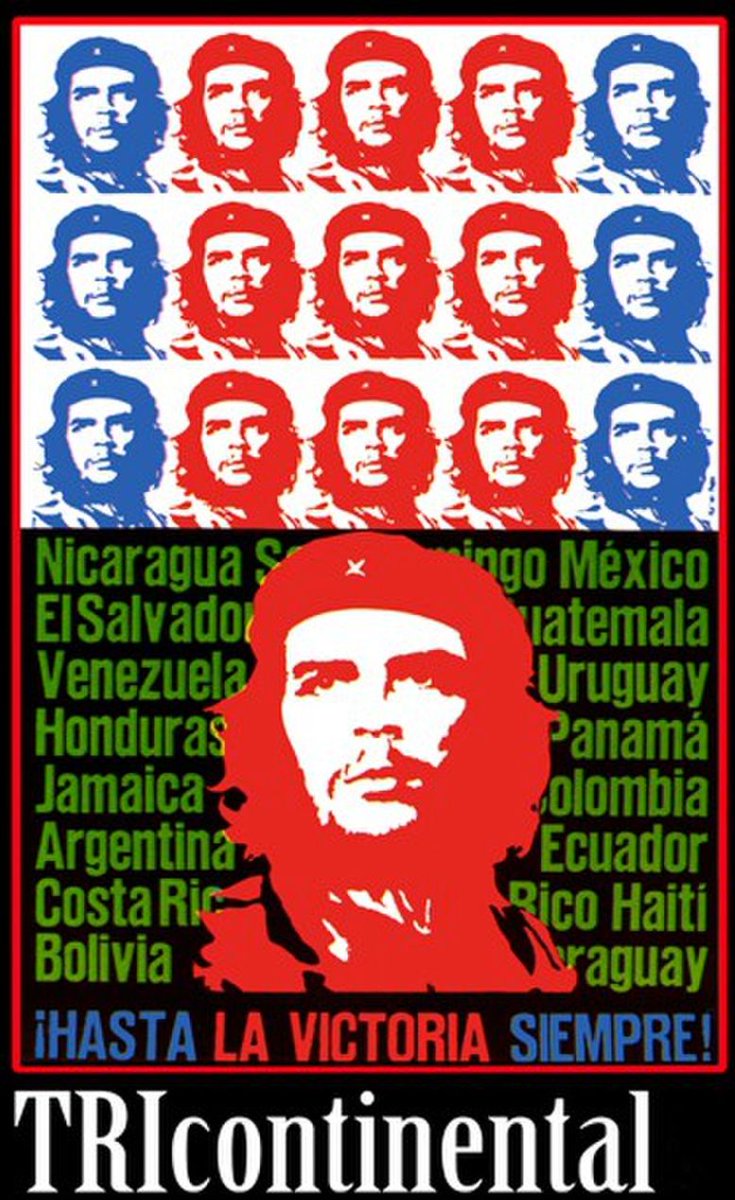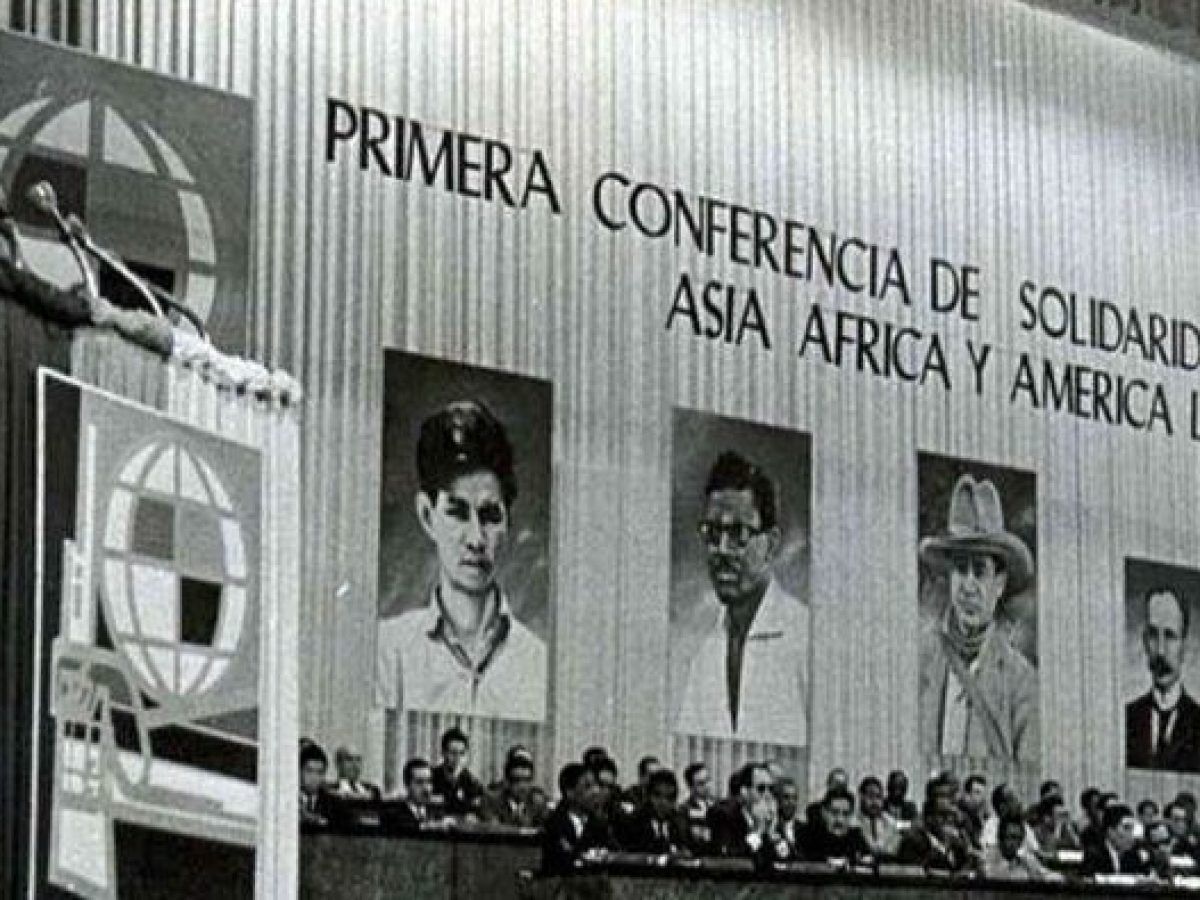The US military invaded Grenada on this day in 1983. The invasion toppled the Caribbean Island’s socialist government which had come to power four years earlier. 

Under the pretense of evacuating US medical students, ‘Operation Urgent Fury’ was an imperialist intervention designed to crush the Grenadian liberation movement and any threat it posed to US influence. 


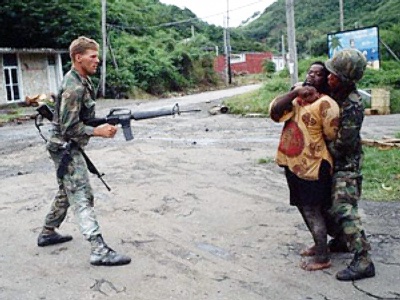
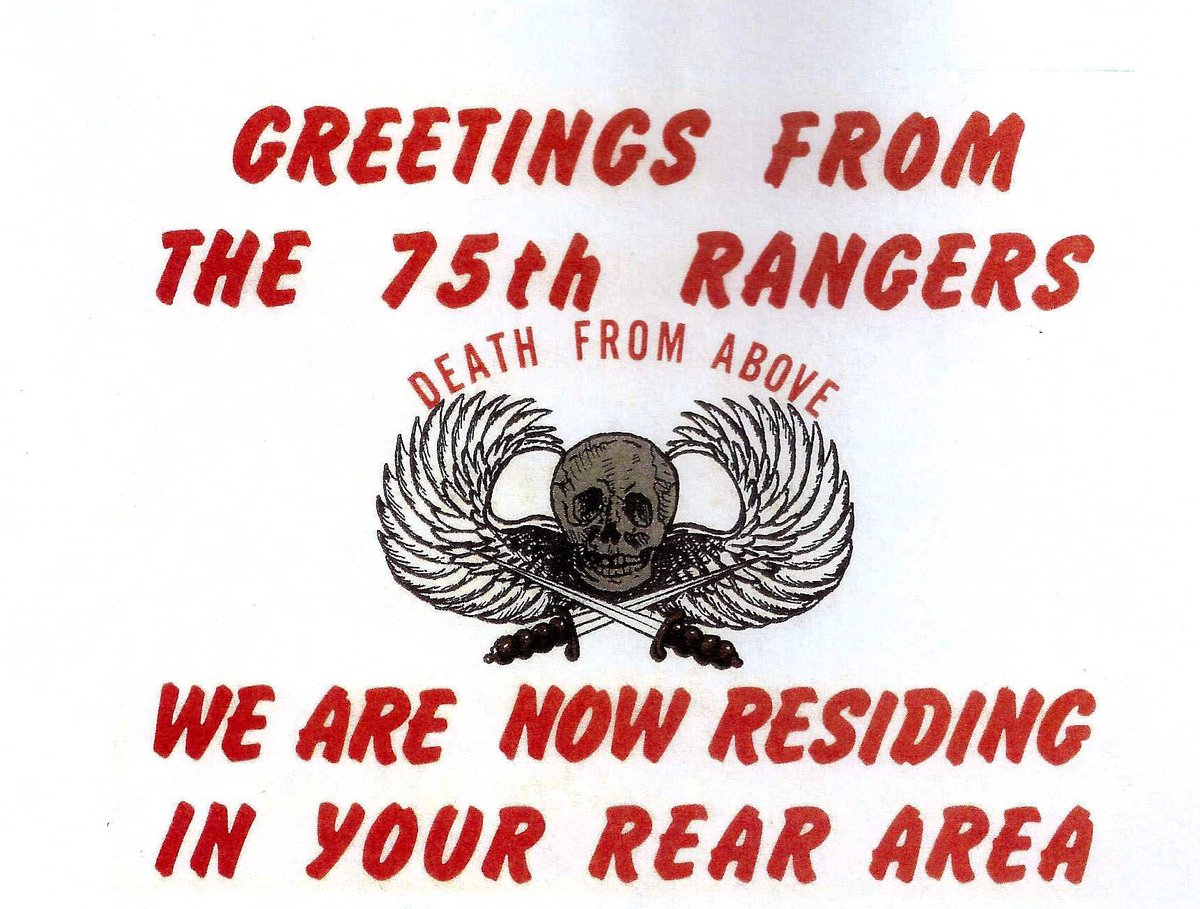
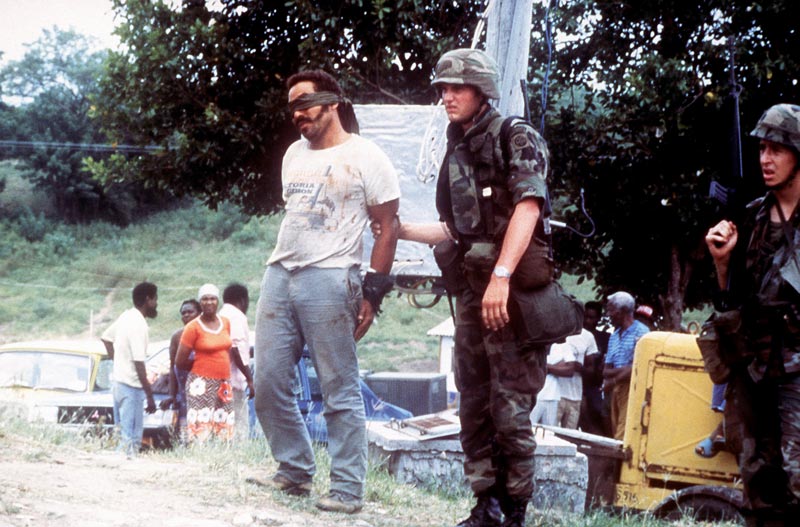
In 1979, the New JEWEL Movement (NJM), led by Maurice Bishop, overthrew the repressive regime of Eric Gairy. Taking inspiration from Marx’s writings, Black Power movements, and anti-colonial struggles, the NJM had formed years earlier and established an armed wing. 

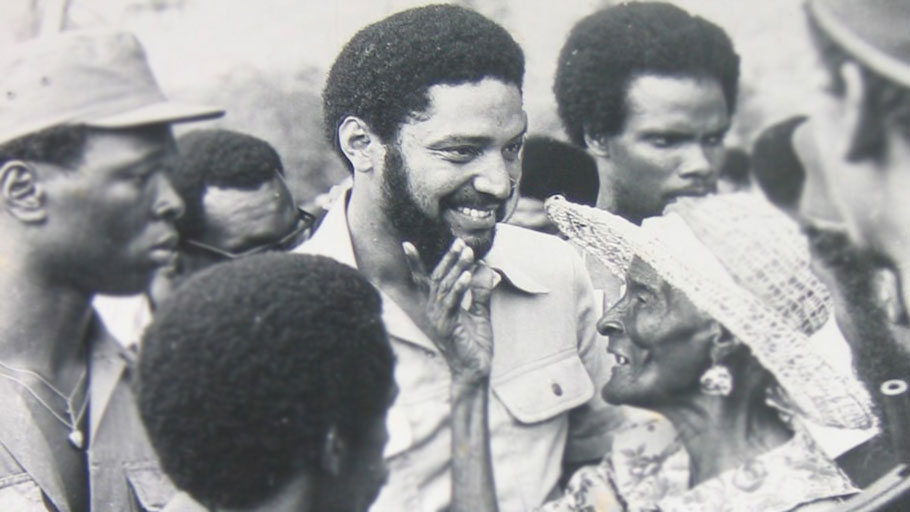

The NJM’s People’s Revolutionary Government immediately embarked on an agenda which would transform material conditions for the Grenadian working class. 

Bishop’s government administered free medical care, school meals and secondary education. Land was reformed and redistributed while 30% of the poorest Grenadians were exempt from income tax. 

Women were given maternity leave, equal pay for equal work was introduced and co-operatives were established in agriculture and fishing. The unemployment rate fell from 50% to 14%. 
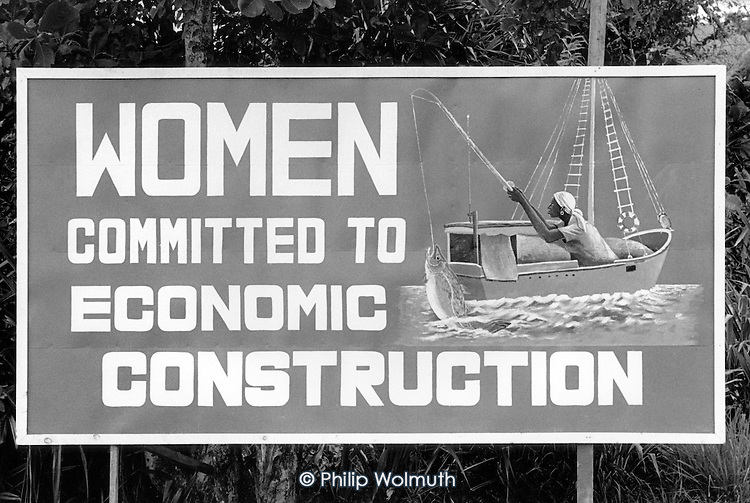
The NJM’s mass organisations of women and young people guarded against counter-revolution by raising class consciousness through political education. 
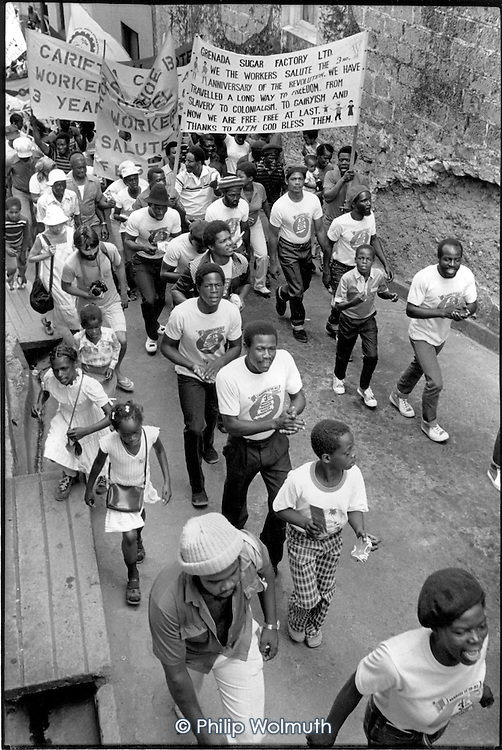
Bishop’s new government took up a leading role in the NAM, condemning US attempts to expand its influence in the Caribbean. 

The NJM also began to construct Grenada’s first airport. As with many infrastructure projects, this was only possible because of support provided by Cuba. The prospect of an international airport terrified Reagan because of “the potential that it offered to the Soviets”. 
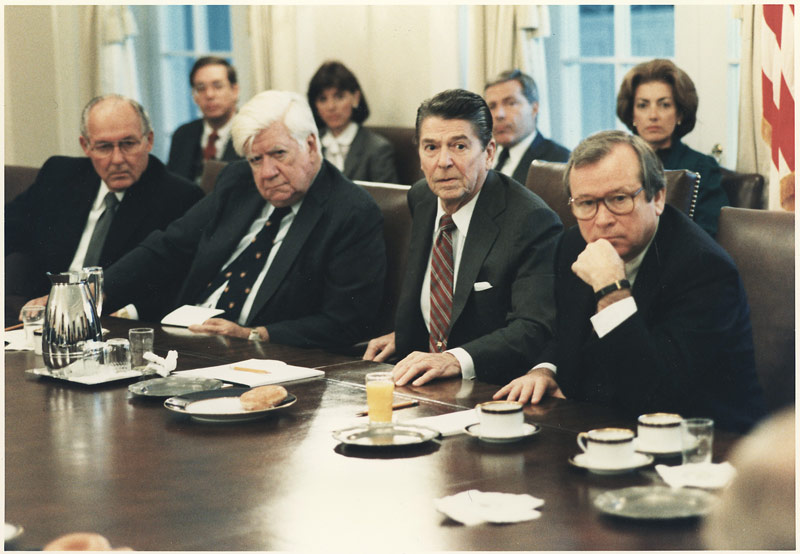
On 19 October 1983, Maurice Bishop was executed in a coup after the emergence of serious tensions within the NJM’s leadership. By the end of that month, the US invaded, the Grenadian Revolution was quashed, and a military junta took control. 
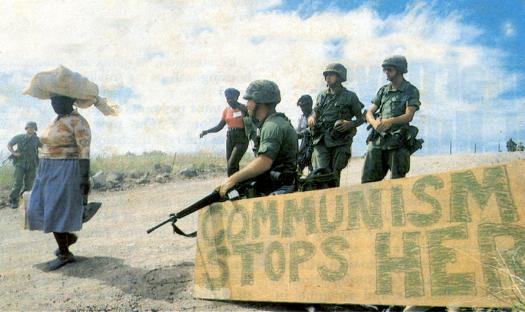
After the invasion, the CIA airdropped a comic book over the island. ‘Grenada: Rescued from Rape and Slavery’, quoted Grenadians thanking “President Reagan and their freedom-loving neighbours”. The comic portrayed US soldiers as white saviours ‘liberating’ the people of Grenada. 
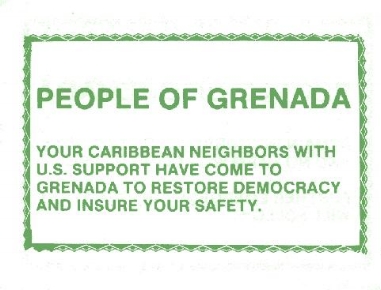
Today we salute the achievements of the Grenadian Revolution and remember the crimes of those determined to crush it. 

• • •
Missing some Tweet in this thread? You can try to
force a refresh

